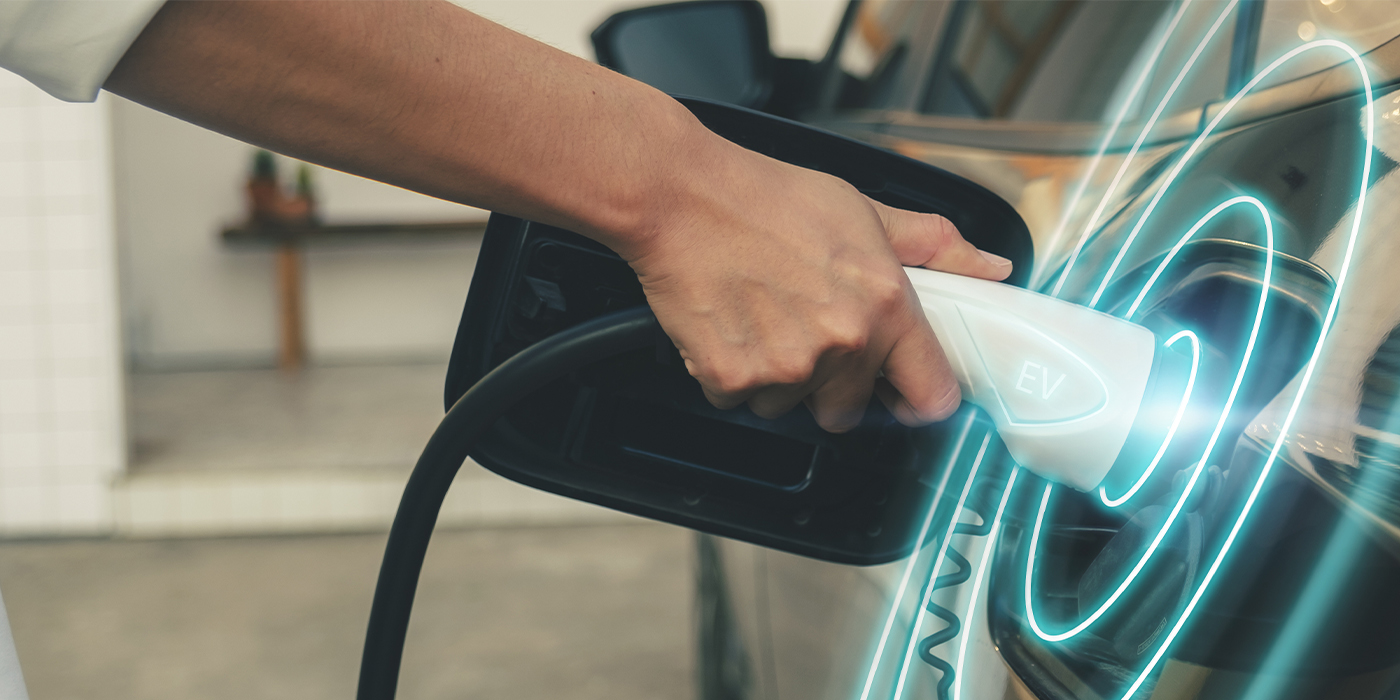The rise of alternate transportation options for consumers like Uber and Lyft, along with the advancement of autonomous vehicle technology, might be viewed by some as a threat to personal vehicle transportation. In fact, some OEMs have expressed concern about the impact that increased usage of these options will have on consumers’ interest in purchasing vehicles in the future.

Rest assured, the future of the new-car market is still very much intact. A new report from the Automotive Connected Mobility (ACM) service at Strategy Analytics (strategyanalytics.com), “Impact of Ride Sharing Frequency on Vehicle Purchase Intention,” has found that ridesharing usage may not negatively impact the future vehicle purchase intention of current vehicle owners after all. In fact, the report indicates that these services might actually increase the likelihood that current vehicle owners would purchase another vehicle within the next five years, as was evidenced across the U.S., Europe and China.
The report also found that frequent ridesharing users who also own their own vehicle had greater transportation needs than those who don’t. So, ridesharing fills a niche that is convenient, but will not supplant drivers’ personal vehicles.
While no one definitively knows how app-enabled ridesharing will ultimately affect vehicle sales, the issues of cost, convenience, privacy, type of journey and length of journey all impact transportation choices, says Chris Schreiner, report author and director of syndicated research, User Experience Innovation Practice (UXIP) at Strategy Analytics: “Frequent ridesharing users do not seem likely to delay their next vehicle purchase, but it is still possible that they might choose a less expensive vehicle. Alternatively, they may choose to downsize their fleet from three vehicles to two.”
What does this mean to you?
• Your customers’ affinity for personal vehicles has not waned — it is strong and lasting.
• Despite the convenience that alternate transport options provide, customers will always cherish the sense of control and enjoyment that having their hands on the wheel of their own vehicle provides.
• Your customers trust your advice to keep one of their most prized possessions in top-working order.
It’s human nature for customers to want choices — especially with their form of transportation. Give them reasons to make your shop their top choice for all of their vehicle service needs.














